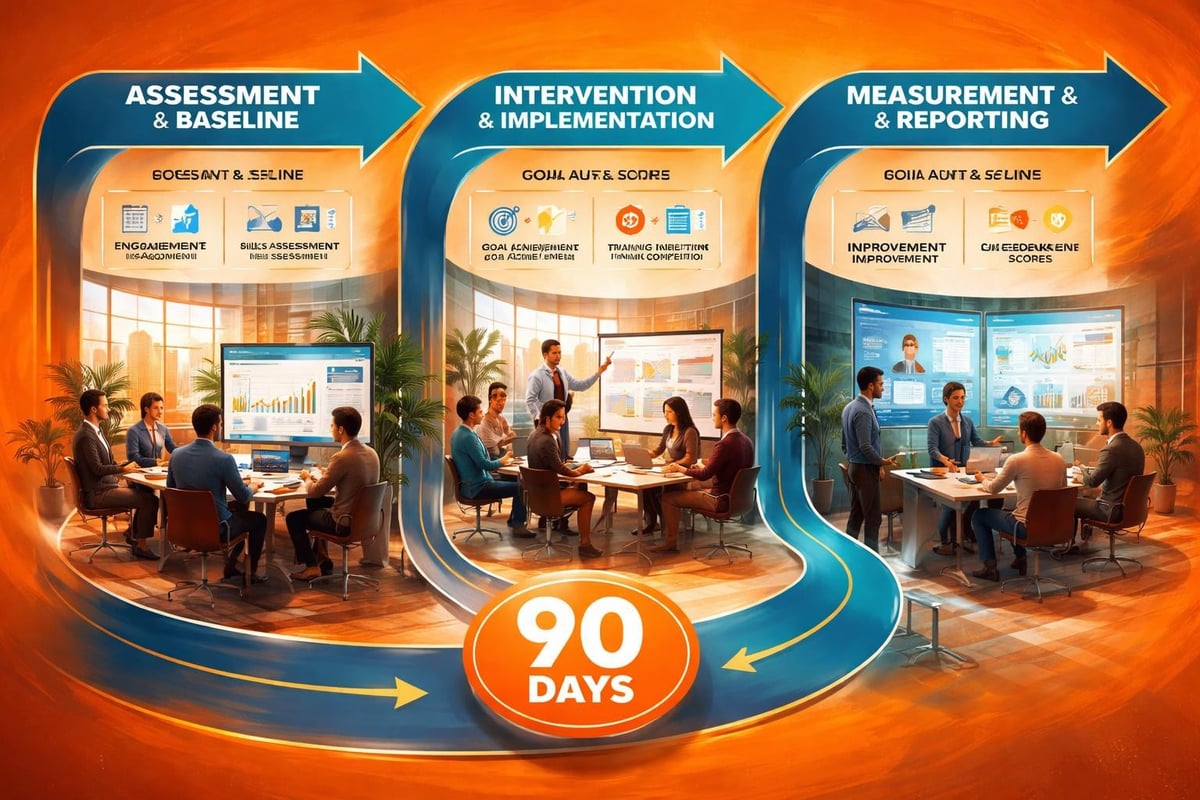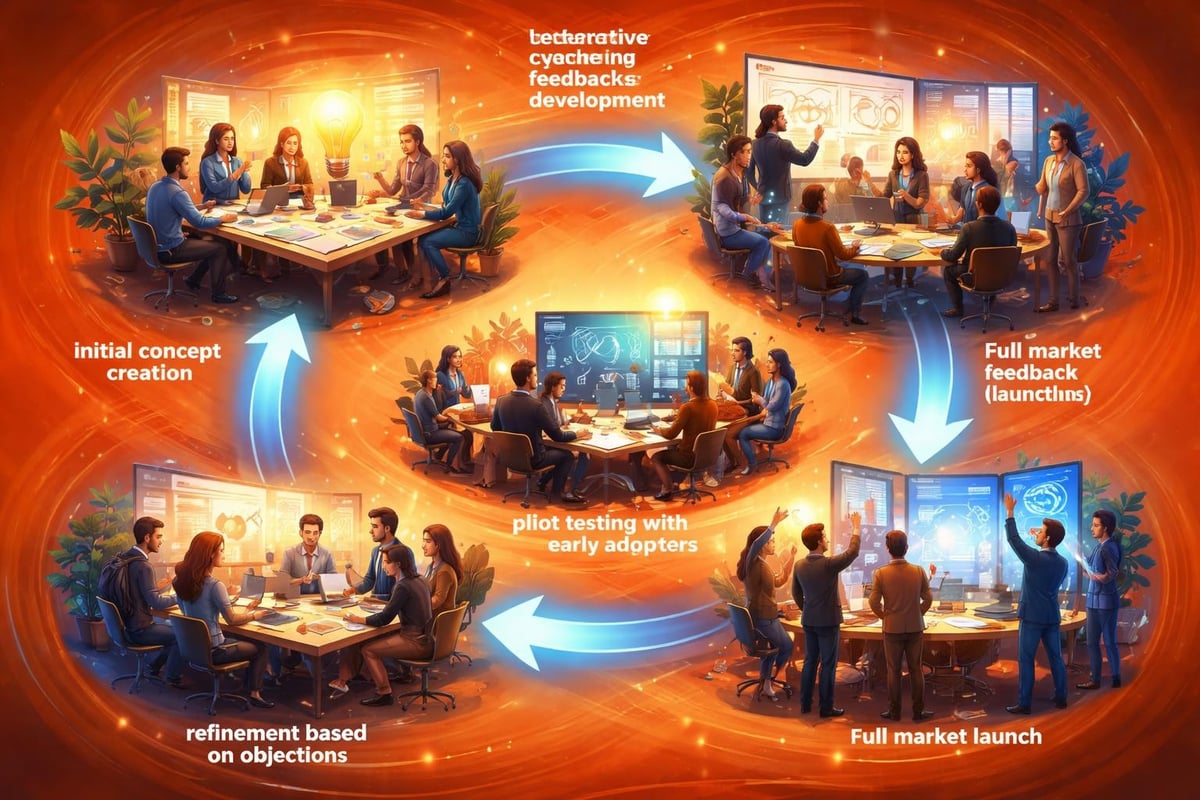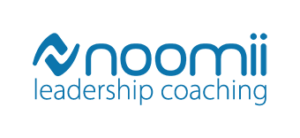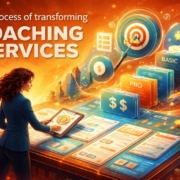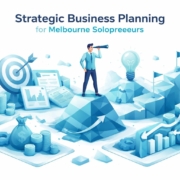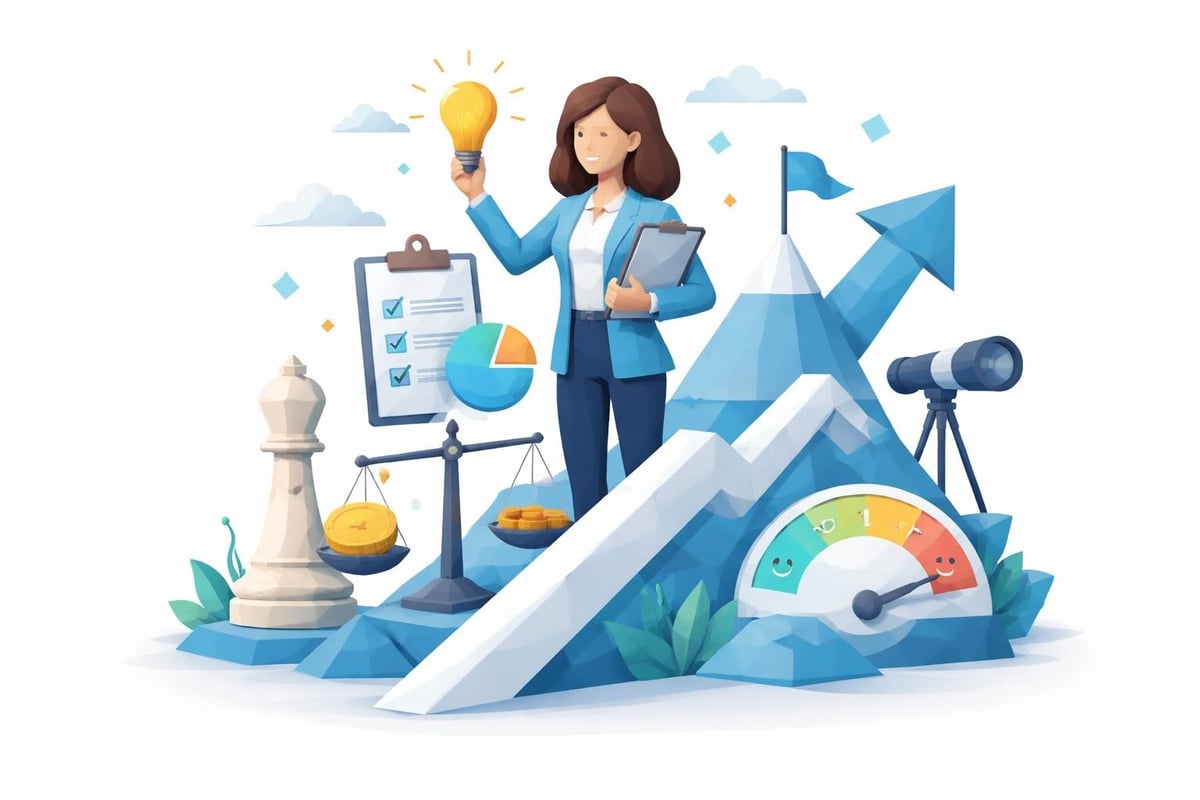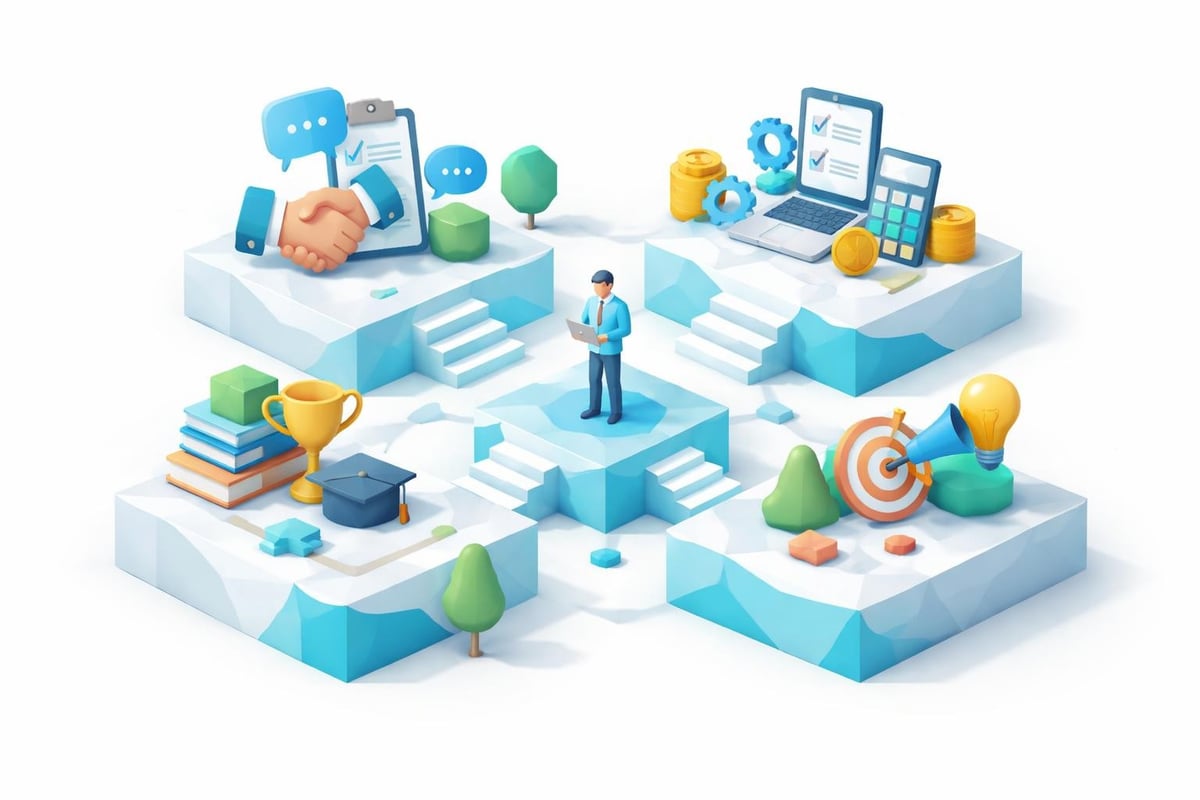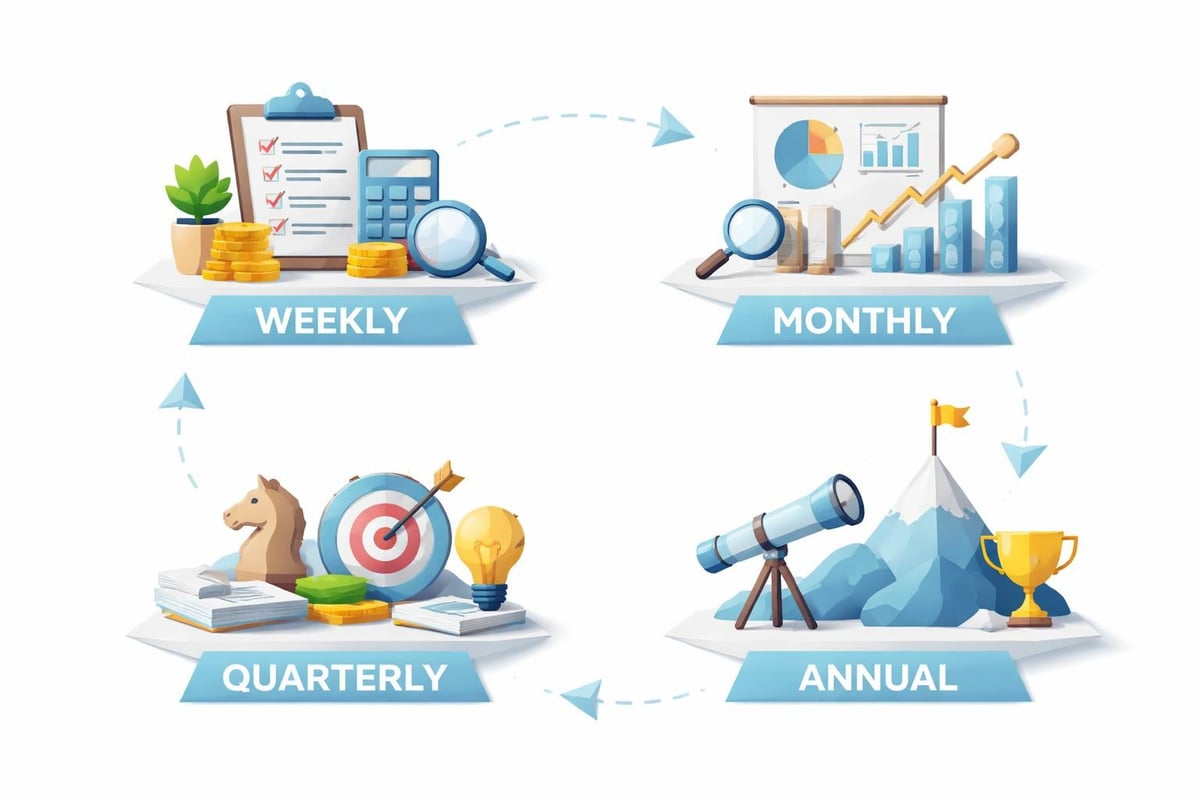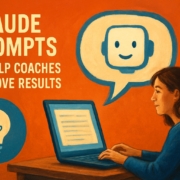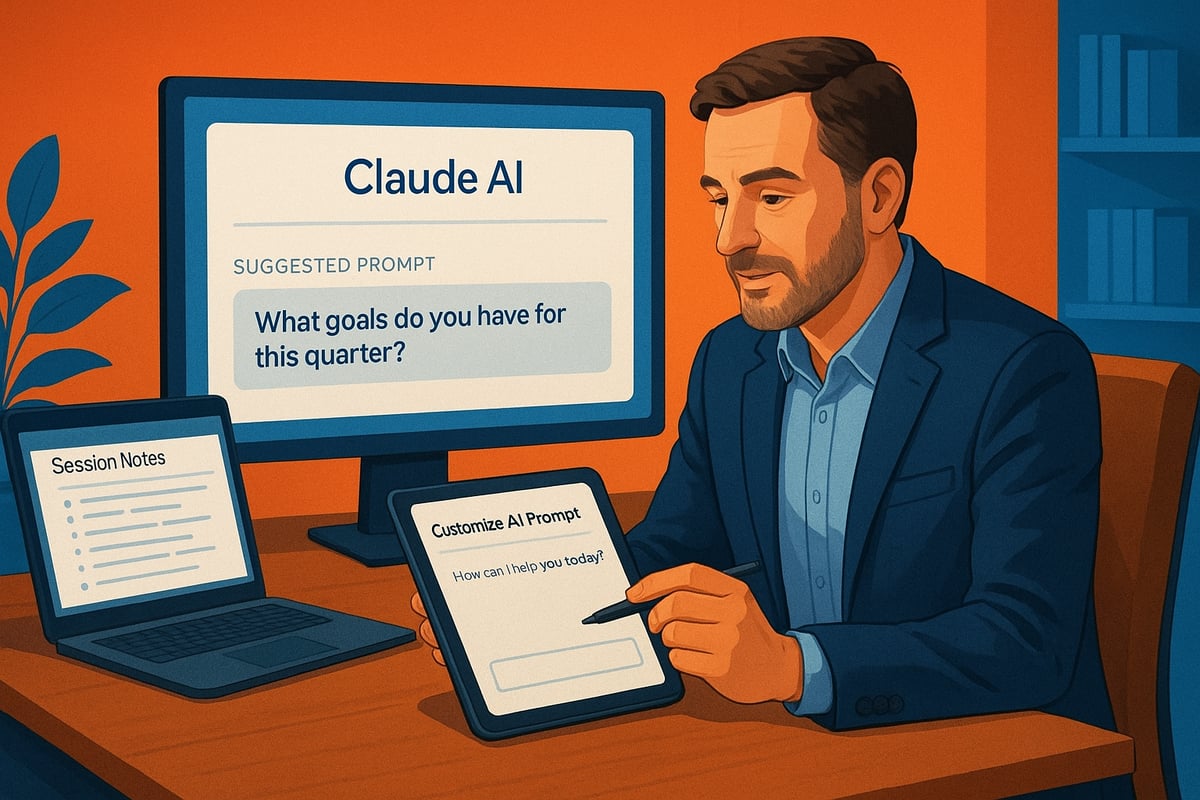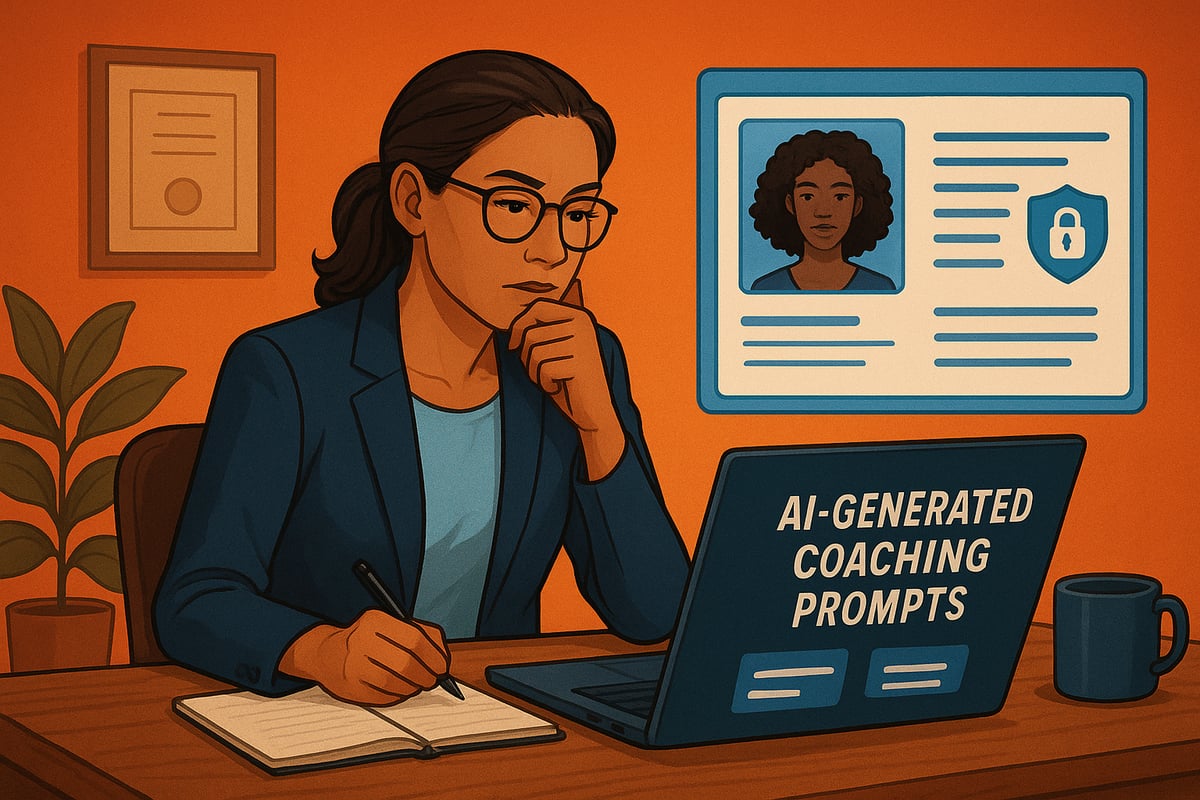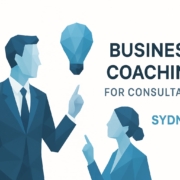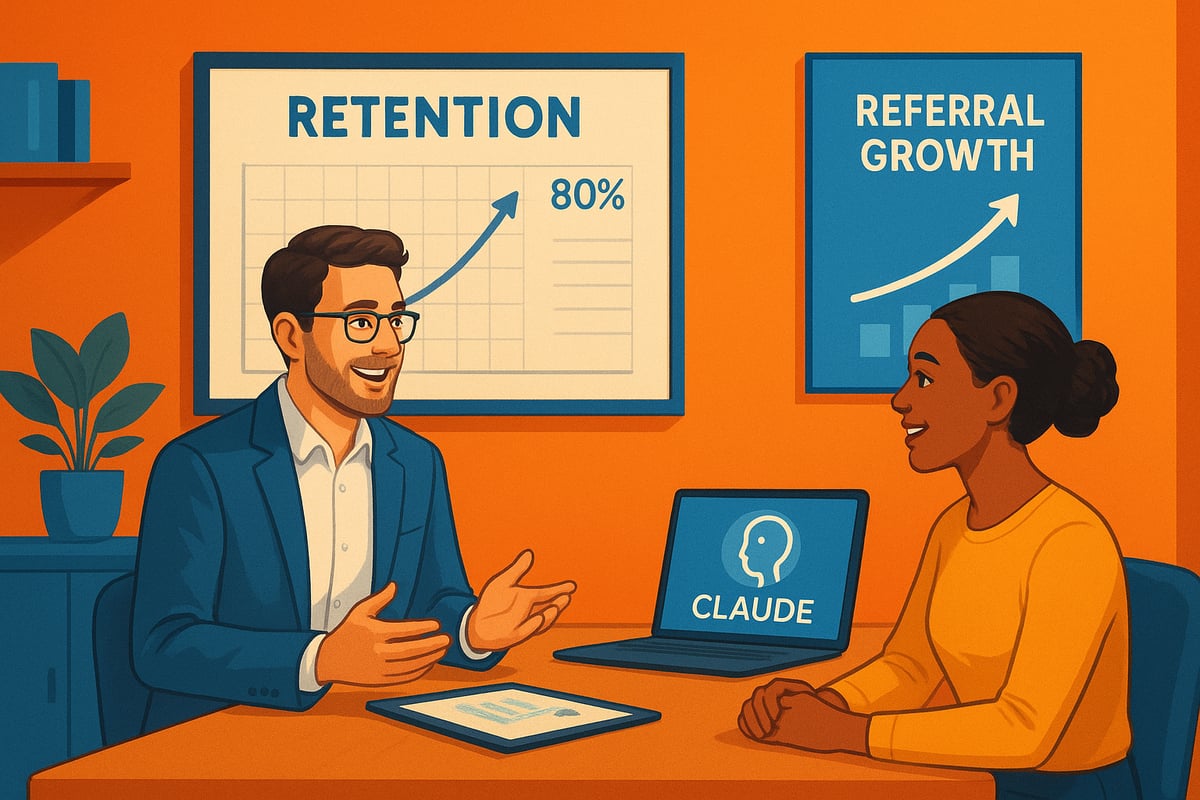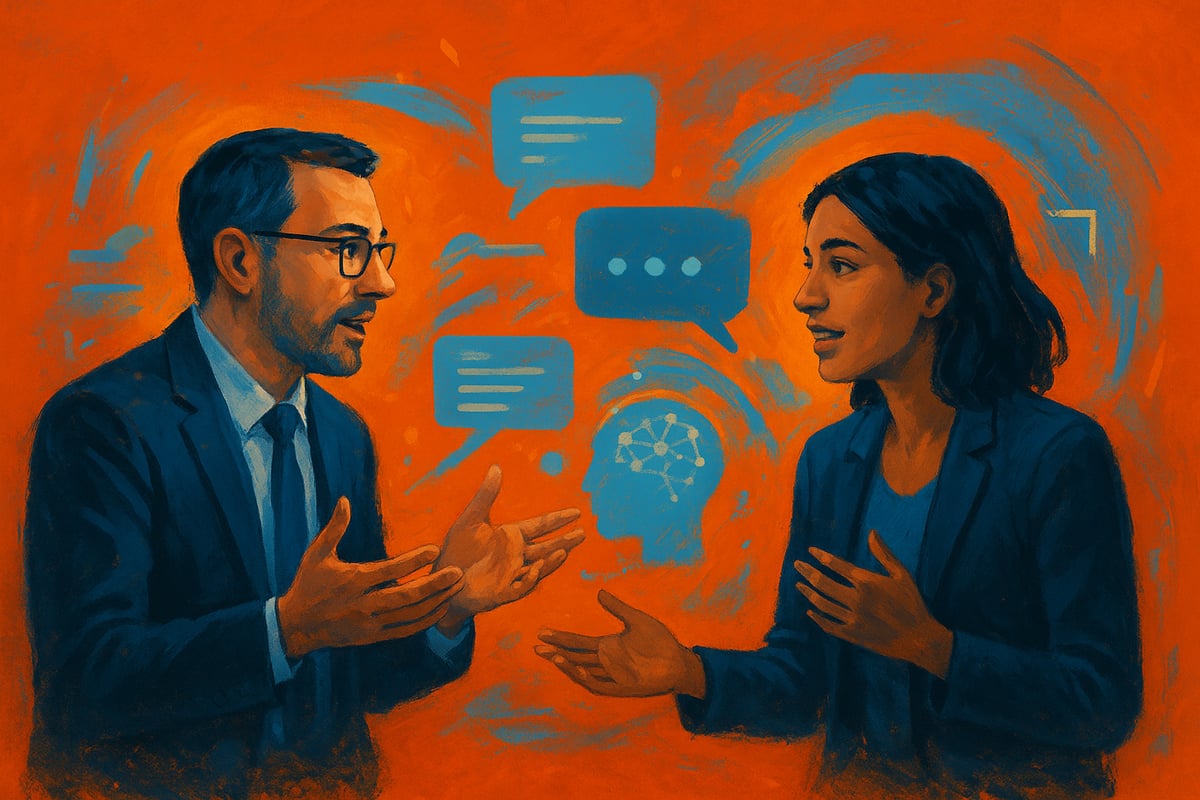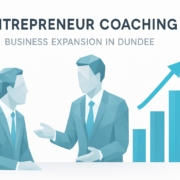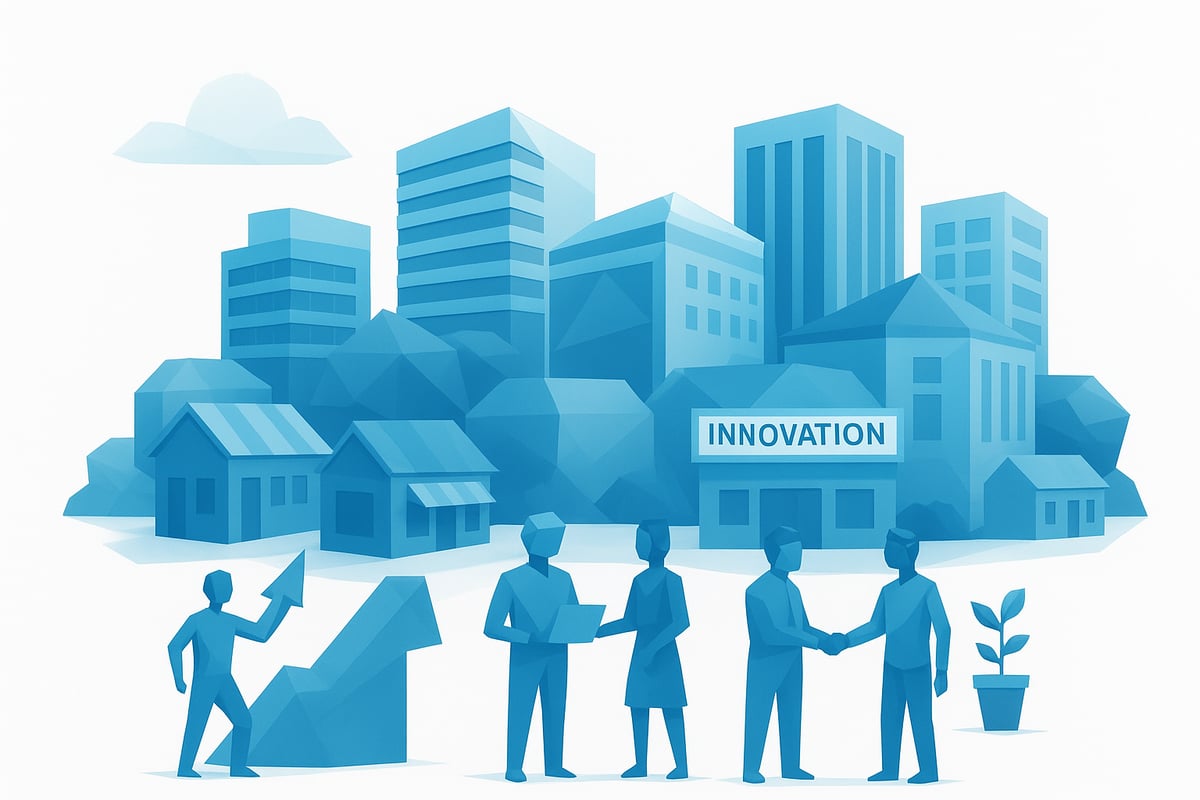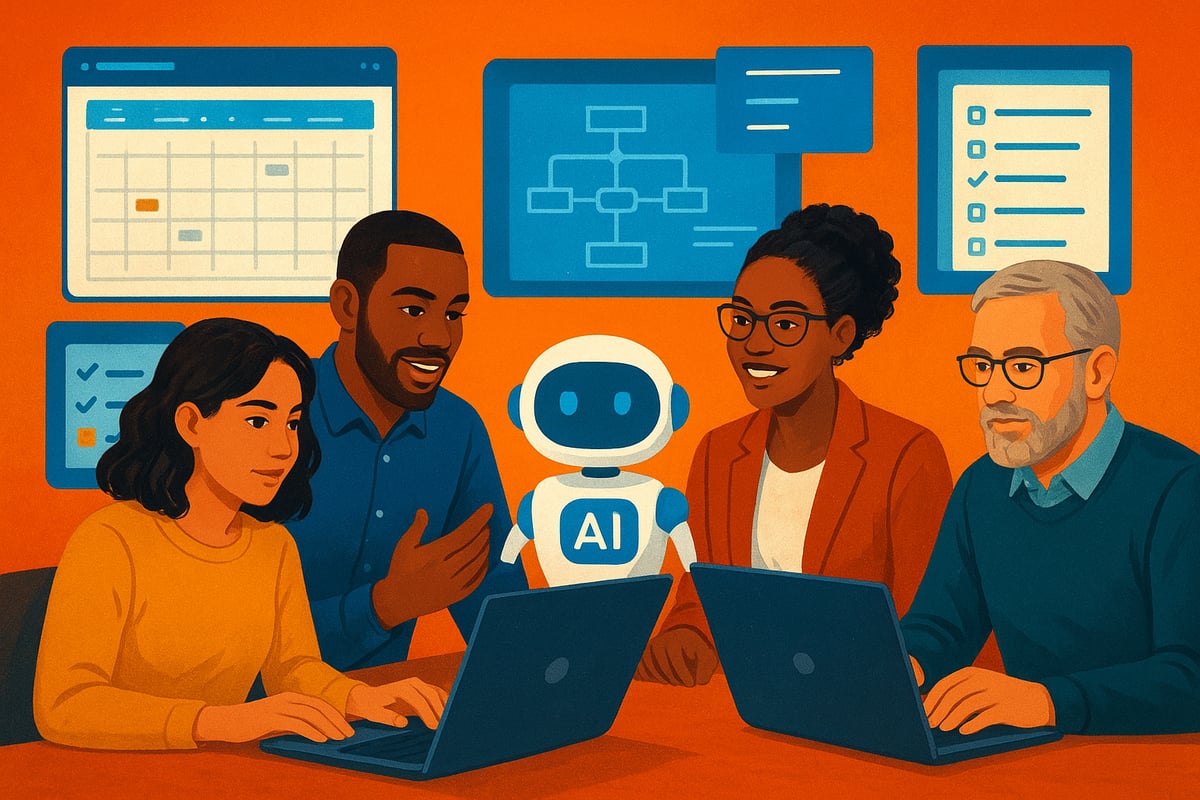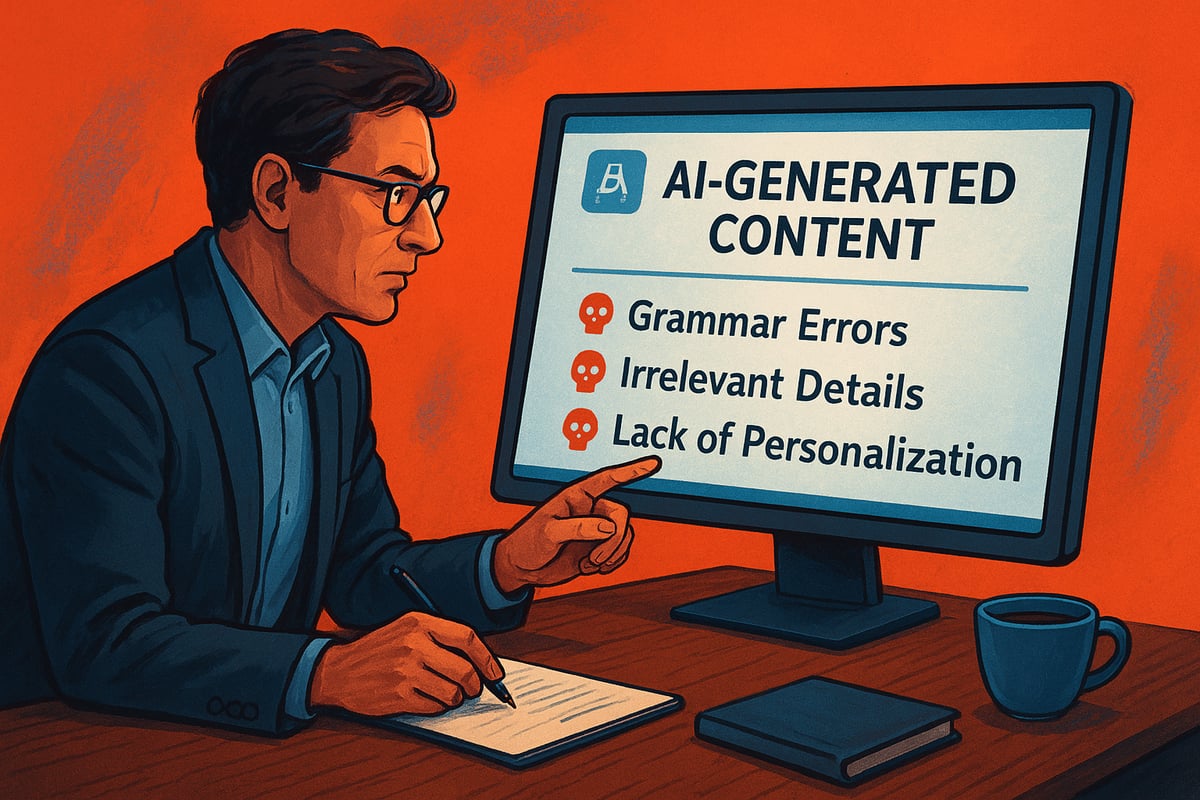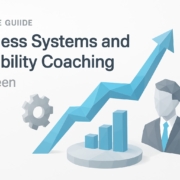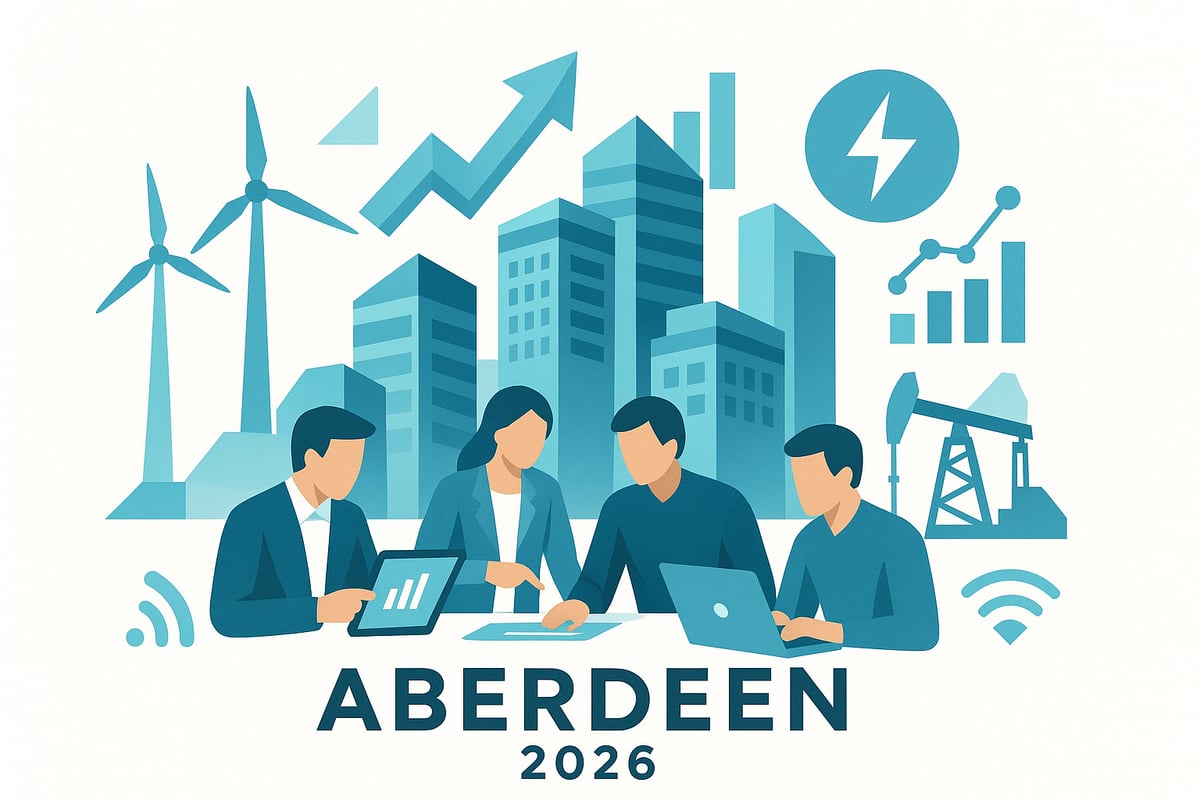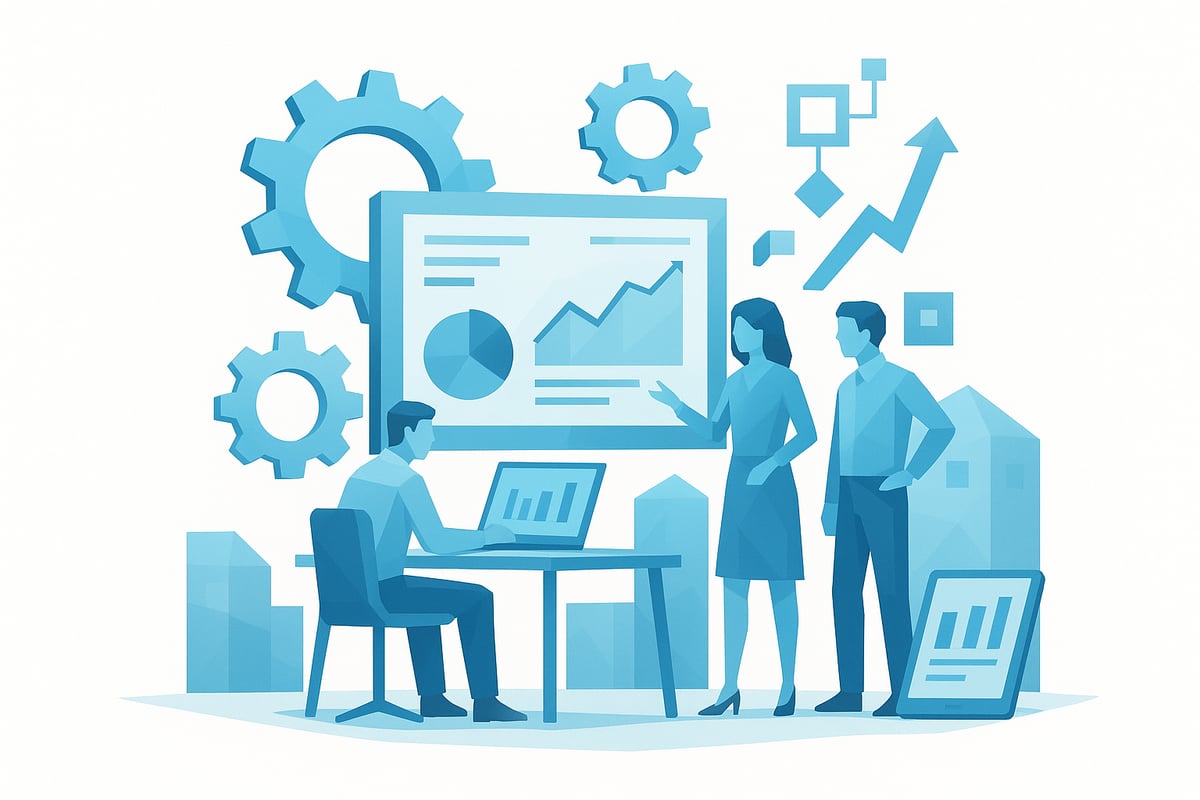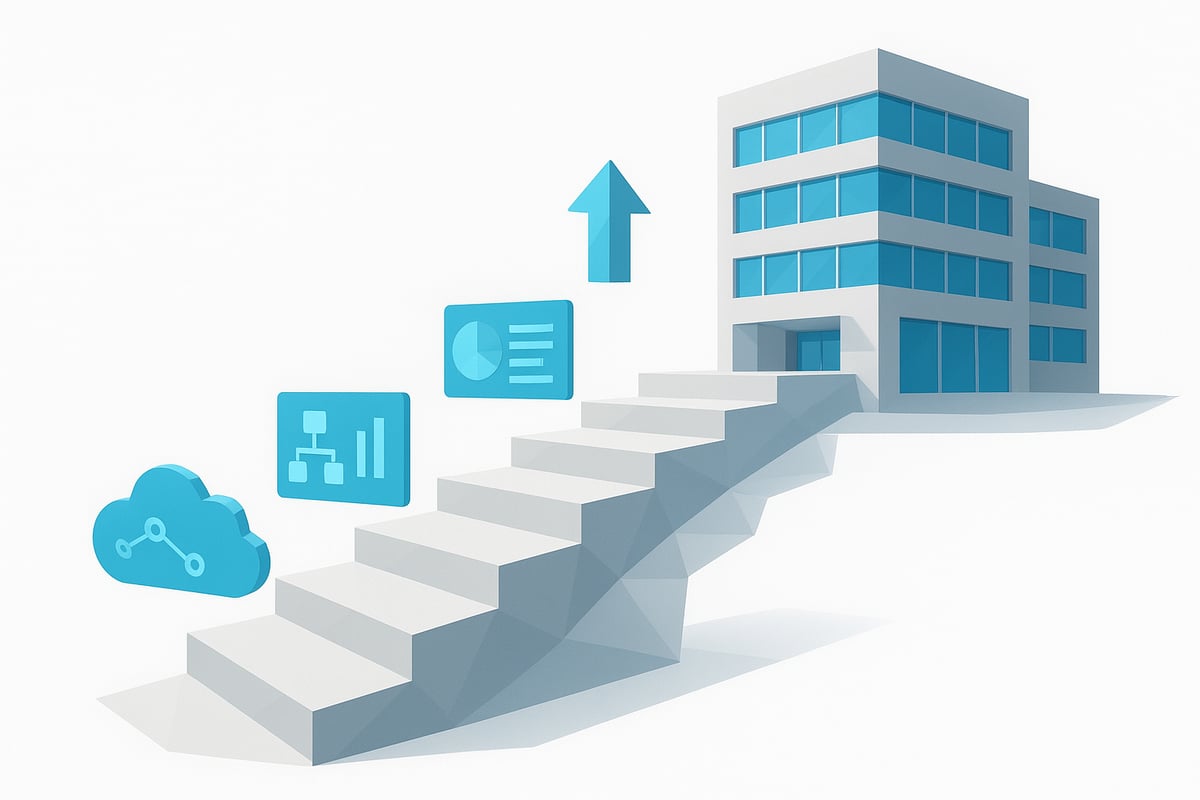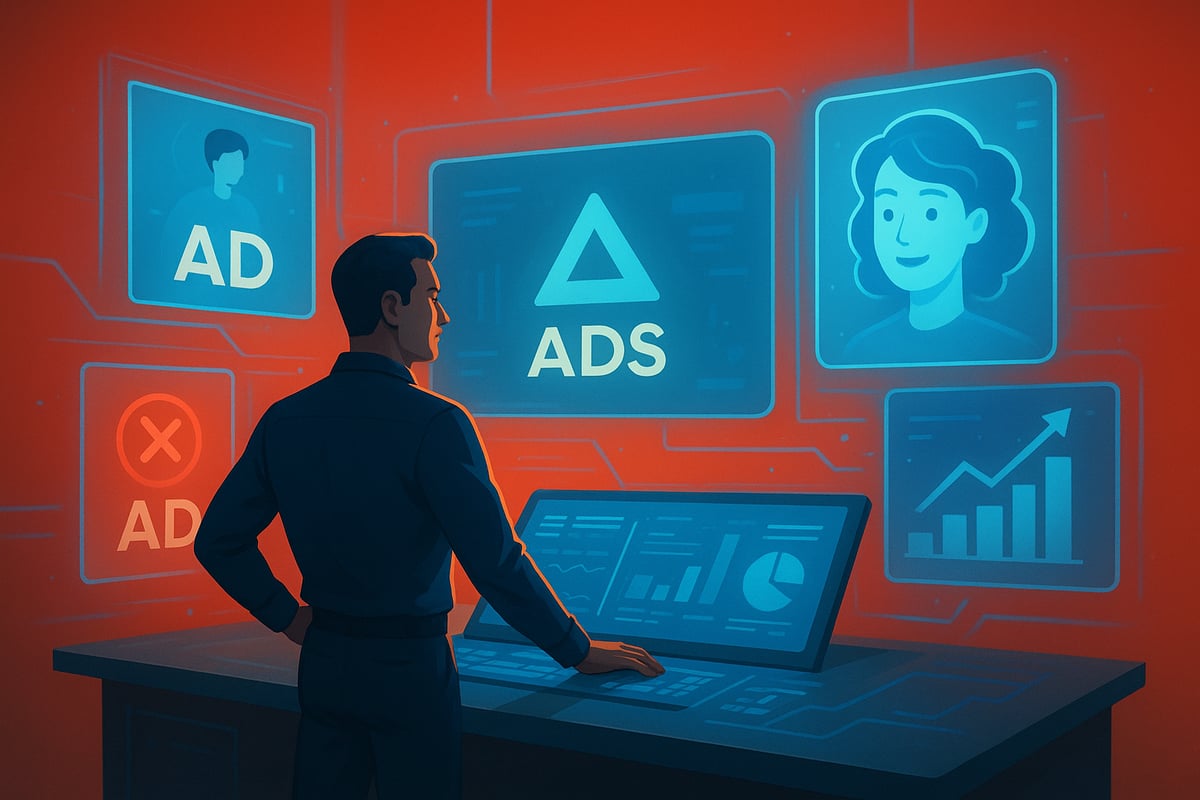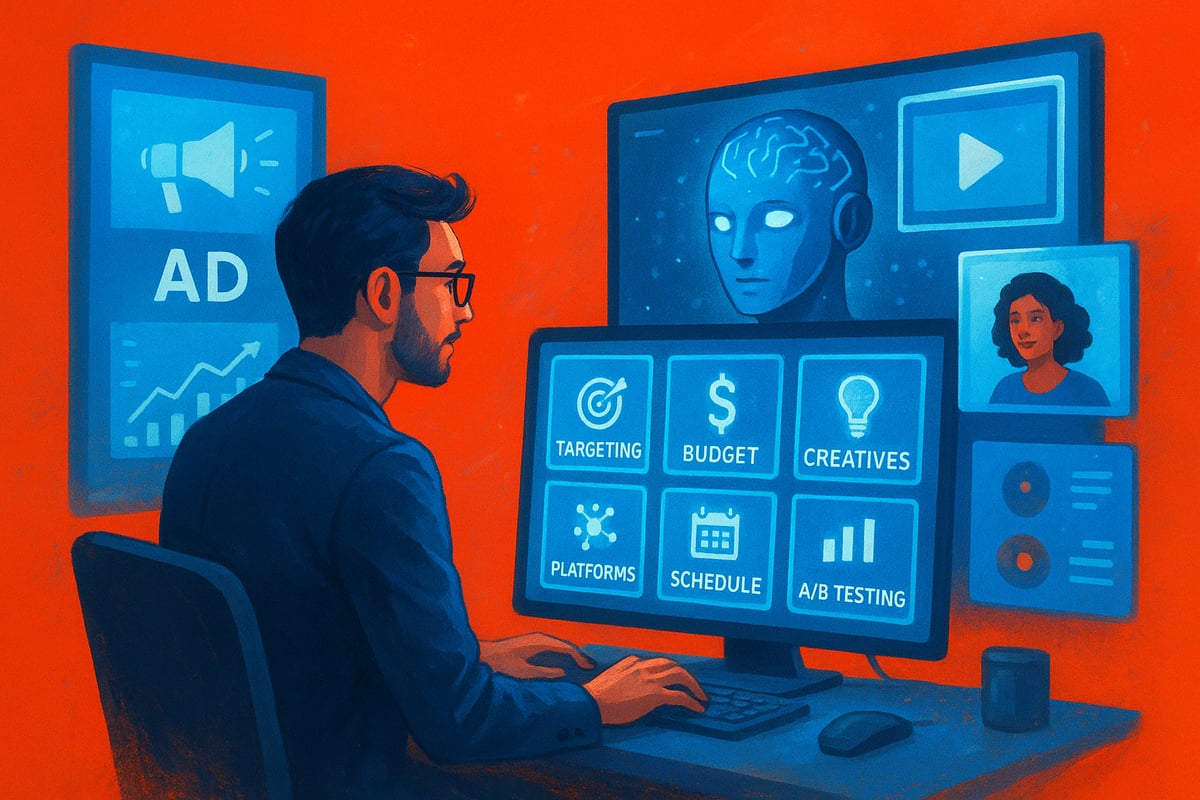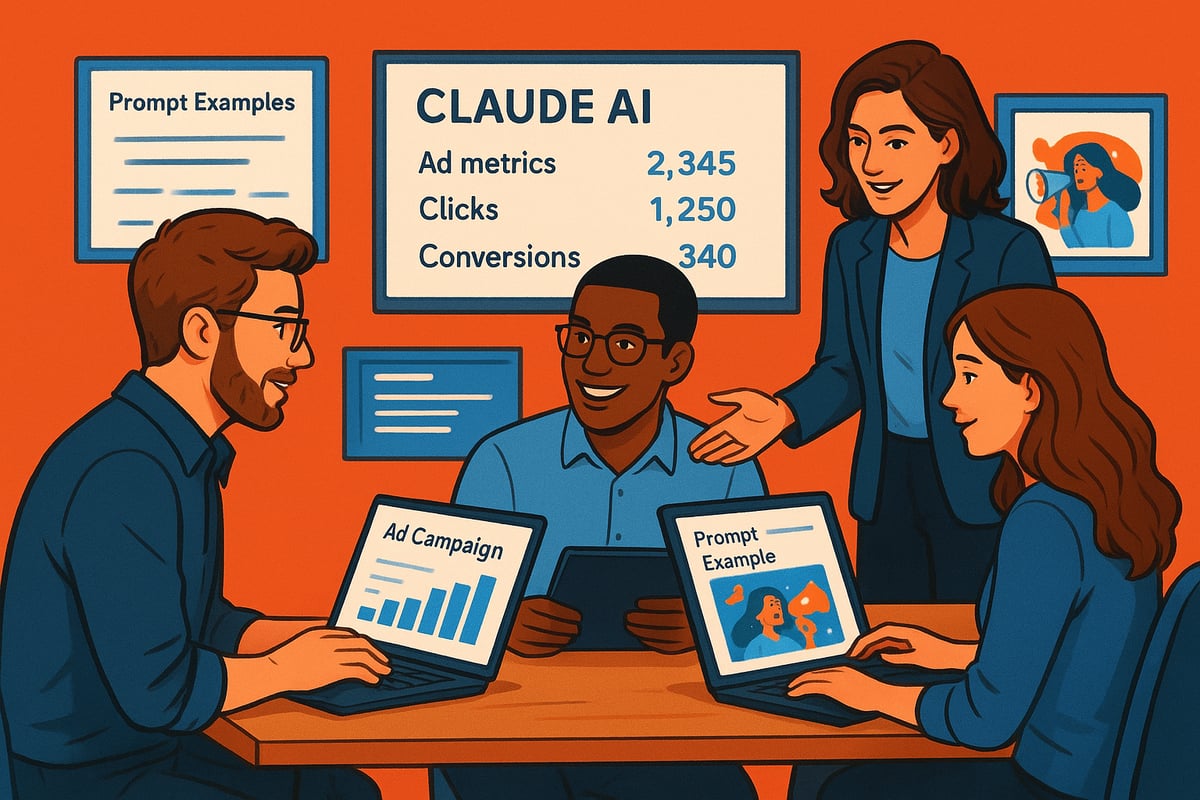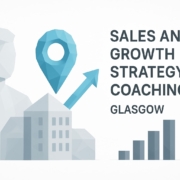Sydney’s consulting scene is evolving rapidly, making 2026 a crucial year for those determined to stand out and grow their business. Navigating fierce competition and ever-shifting client expectations requires more than expertise, it demands strategic clarity and support.
This guide is designed to demystify business coaching for consultants in sydney, showing how personalized coaching can unlock higher performance and profitability. You’ll discover what business coaching is, the core benefits, how to choose the right coach, a step-by-step process to maximize your results, emerging trends, and answers to the most pressing questions for Sydney consultants.
If you’re ready to accelerate your consulting business in 2026, this guide will give you the strategies and confidence to take action.
Understanding Business Coaching for Consultants in Sydney
Business coaching for consultants in Sydney is a specialized partnership designed to unlock the full potential of consulting professionals in one of Australia’s most dynamic business hubs. Unlike generic advice, this approach zeroes in on the unique pressures and opportunities Sydney consultants face, from fierce competition to evolving client demands. At its core, business coaching for consultants in Sydney offers personalized support and strategies that drive measurable growth.

What Sets Business Coaching Apart?
It’s important to distinguish business coaching for consultants in Sydney from mentoring or traditional consulting. While mentors typically share their own experiences and consultants offer solutions to specific problems, business coaches focus on empowering you to set and achieve your own goals. Here’s a quick breakdown:
| Approach |
Main Focus |
Role of the Expert |
| Business Coaching |
Develop skills, accountability |
Facilitator & motivator |
| Mentoring |
Share personal experience |
Advisor & role model |
| Consulting |
Solve defined business problems |
Expert & problem-solver |
Business coaching for consultants in Sydney is collaborative. The coach asks probing questions, helps clarify your vision, and supports you as you tackle obstacles.
Navigating Sydney’s Consulting Sector
The consulting landscape in Sydney is highly competitive. Regulatory shifts, market saturation, and increasing client expectations require consultants to stay agile. Navigating these challenges calls for more than technical know-how. With business coaching for consultants in Sydney, professionals learn to adapt quickly and stand out in a crowded market.
Sydney’s consultants often juggle multiple roles, from business development to project delivery. Local regulations and compliance requirements can add layers of complexity. Business coaching for consultants in Sydney helps you anticipate these hurdles and develop strategies to thrive.
Top Goals and Industry Growth
Consultants in Sydney seek business coaching to achieve specific goals:
- Scaling their practice
- Acquiring and retaining high-value clients
- Differentiating their services
- Building leadership capacity
Recent data shows a significant rise in demand for business coaching for consultants in Sydney. According to the Growth of business coaching in Australia, the corporate training and coaching sector continues to expand, reflecting consultants’ drive for sustainable growth.
Case studies abound: A Sydney-based consultant specializing in digital transformation doubled her client base within six months of targeted coaching. Another redefined his niche and saw a 30% increase in profitability.
The Role of Local Culture and Networking
Sydney’s business culture is relationship-driven. Networking plays a crucial role in a consultant’s success. Business coaching for consultants in Sydney often includes guidance on leveraging local events, professional associations, and digital platforms. Coaches familiar with Sydney’s market can help you tap into these networks and build lasting partnerships.
Coaching also supports consultants in aligning their personal values with their business goals, which resonates strongly in the Sydney market.
Overcoming Misconceptions and Achieving Results
A common misconception is that business coaching for consultants in Sydney is only for those who are struggling. In reality, top-performing consultants use coaching as a proactive tool to stay ahead of the curve. Success stories highlight how coaching can help even established professionals break through growth plateaus, enhance leadership, and achieve ambitious targets.
If you’re curious about how to start, platforms like Accountability Now can connect you with experienced coaches who understand the Sydney consulting scene and can guide you toward greater success.
Key Benefits of Business Coaching for Sydney-Based Consultants
Sydney’s consulting scene is fiercely competitive, making it essential for professionals to seek every possible edge. Business coaching for consultants in sydney offers a structured path to growth, clarity, and sustainable success. Let’s explore the tangible benefits that set effective coaching apart for Sydney-based consultants.
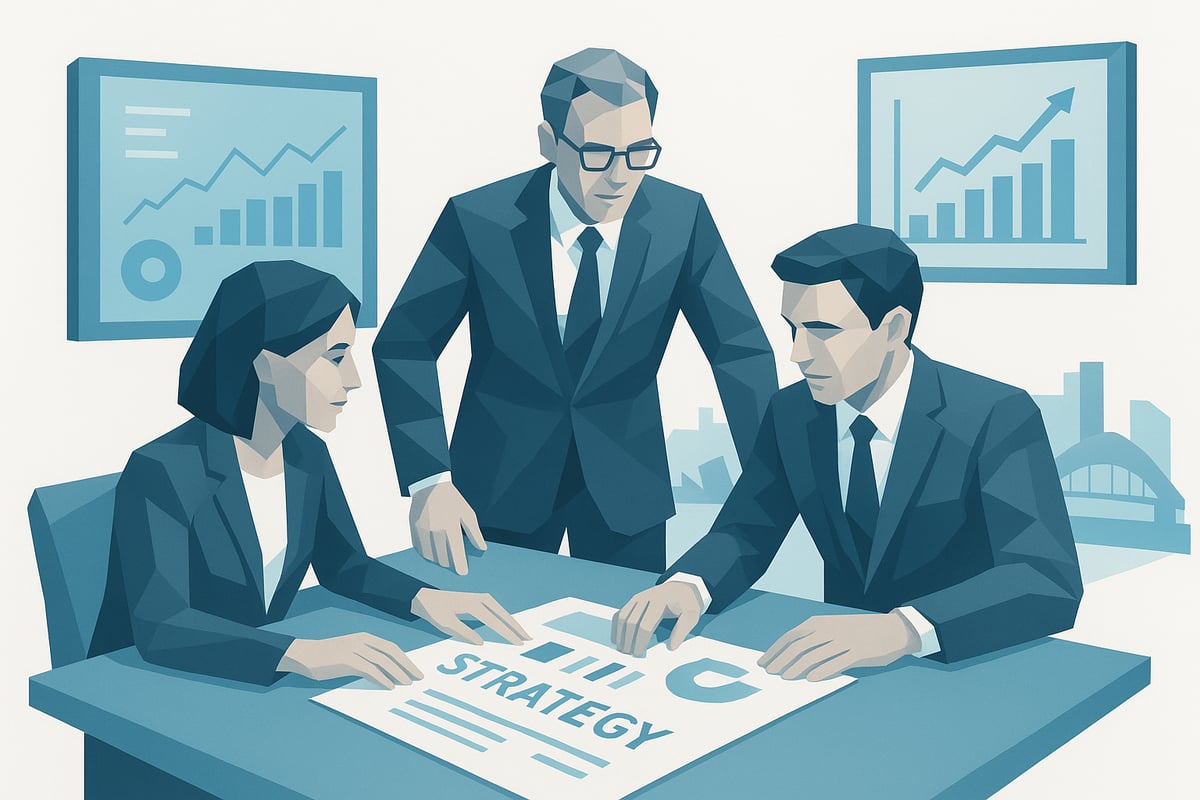
Enhanced Business Strategy and Planning
A top benefit of business coaching for consultants in sydney is the ability to clarify vision, mission, and value proposition. Coaches guide consultants to define their niche, outpace competitors, and adapt strategies for Sydney’s fast-evolving market.
For instance, a Sydney consultant working in IT services redefined their target market after a coaching engagement. This shift resulted in a stronger brand and a 30 percent increase in high-value clients. According to IBISWorld, consultants with business coaching report higher revenue growth and improved long-term planning.
Coaches also introduce proven frameworks and accountability structures. These help consultants create actionable roadmaps and set priorities. For more on how Sydney professionals leverage coaching for growth, see Business coaching benefits for Sydney consultants.
Improved Client Acquisition and Retention
Business coaching for consultants in sydney delivers powerful tools for boosting lead generation and refining sales funnels. Coaches teach relationship-building strategies, essential in Sydney’s network-driven business culture.
One Sydney-based marketing consultant doubled their client base within six months of coaching. This was achieved by optimizing their value proposition and strengthening referral networks. Coaches often introduce local networking techniques, helping consultants connect with decision-makers at Sydney’s top firms.
Retention also improves as coaches encourage consultants to deliver consistent value, exceed expectations, and foster loyalty. This results in a more stable and predictable client pipeline.
Personal and Professional Development
Business coaching for consultants in sydney is about more than business tactics—it’s about growth as a leader. Coaches help identify blind spots, develop emotional intelligence, and build resilience in the face of setbacks.
A recent survey found that 70 percent of coached professionals reported better work performance and higher job satisfaction. Sydney consultants frequently cite increased confidence and improved decision-making after regular coaching sessions.
Coaches also offer leadership development strategies tailored to the consulting landscape, ensuring that consultants are equipped to lead teams and manage complex projects with authority.
Accountability and Measurable Results
Accountability is a cornerstone of business coaching for consultants in sydney. Coaches work with consultants to set clear KPIs and track progress toward quarterly and annual goals.
For example, a Sydney financial consultant used structured accountability sessions to consistently hit revenue targets each quarter. These sessions included regular check-ins, feedback, and adjustments to tactics as needed.
Measurable outcomes matter in Sydney’s results-focused market. Consultants gain clarity on what success looks like and receive ongoing support to stay on track. If you’re seeking local expertise, Accountability Now is a trusted resource for business coaching tailored to Sydney consultants.
Step-by-Step Guide: How Consultants in Sydney Can Leverage Business Coaching in 2026
Unlocking the full potential of business coaching for consultants in sydney requires a strategic, step-by-step approach. As the consulting industry evolves in 2026, Sydney-based professionals must embrace proven frameworks to ensure coaching delivers measurable growth and transformation. Here’s how to maximize your coaching investment from the very first step.

Step 1: Assess Your Business Needs and Goals
Start by conducting a thorough self-audit. Every successful journey with business coaching for consultants in sydney begins with clarity about your current position and desired destination. Evaluate your strengths, weaknesses, and unique market opportunities.
Use tools such as:
- SWOT analysis to map internal and external factors
- Client feedback surveys for unbiased insights
- Revenue and growth trend reviews
Set clear objectives for coaching. Are you aiming to scale your consulting business, improve client acquisition, or enhance your leadership skills? Align these goals with your broader business vision. Remember, the more specific you are at this stage, the more tailored and effective your coaching experience will be.
Step 2: Research and Select the Right Business Coach
Choosing the right guide is crucial for business coaching for consultants in sydney to deliver results. Look for coaches with deep industry experience, recognized credentials, and a solid understanding of the Sydney consulting landscape.
Create a selection checklist:
- Verify industry-specific expertise and coaching certifications
- Request testimonials from other Sydney consultants
- Schedule interviews to assess communication style and cultural fit
- Ask about their familiarity with local market dynamics
Consider starting with a trial session. This is a low-risk way to determine if a coach’s approach matches your learning style and business needs. The right coach will challenge you, hold you accountable, and empower you to achieve your consulting goals.
Step 3: Set a Clear Coaching Agreement and Success Metrics
Once you’ve selected a coach, formalize your arrangement. A transparent coaching agreement is foundational for business coaching for consultants in sydney to remain focused and goal-oriented.
Key elements to define:
- Scope of engagement (topics, challenges, and areas of focus)
- Frequency and duration of sessions (weekly, fortnightly, or monthly)
- Measurable goals and KPIs (revenue targets, client growth, process improvements)
Here’s a sample coaching agreement outline:
| Section |
Details |
| Objectives |
What you want to achieve |
| Session Schedule |
Dates and times for meetings |
| Metrics for Success |
How progress will be measured |
| Confidentiality |
Data privacy and trust commitments |
Establishing these parameters up front ensures both parties are aligned and committed to tangible outcomes.
Step 4: Engage in Regular Coaching Sessions and Action Planning
Consistency is vital. With business coaching for consultants in sydney, regular sessions keep momentum high and ensure accountability. Structure each session around a clear agenda, feedback loop, and actionable next steps.
A typical session may include:
- Review of progress against KPIs
- Discussion of obstacles and brainstorming solutions
- Action plan creation for the next period
Leverage digital tools like accountability trackers, shared documents, or project management platforms. For busy Sydney consultants, setting a weekly or bi-weekly routine can integrate seamlessly with client work and market commitments. Over time, these rhythms drive sustained improvement and lasting change.
Step 5: Monitor Progress and Adjust Strategies
Continuous improvement is at the core of effective business coaching for consultants in sydney. Regularly review your KPIs and business outcomes, using data to guide decisions. If certain tactics are not yielding the desired results, collaborate with your coach to pivot quickly.
For example, you may discover that a client acquisition strategy needs refinement due to market changes or shifting client expectations. Be open to adapting your approach. The best coaching relationships are dynamic, leveraging feedback and insights to accelerate progress.
Keep a log of lessons learned and new strategies tested. This will help you identify patterns and replicate success across your consulting practice.
Step 6: Evaluate ROI and Plan for Continued Growth
Measuring the return on investment is essential in business coaching for consultants in sydney. Review both the financial and personal impact of your coaching journey. Analyze improvements in revenue, client retention, leadership skills, and overall business health.
Utilize frameworks and resources like Business coaching ROI statistics to benchmark your outcomes. Consider whether ongoing coaching or a shift in focus areas is needed as your business evolves.
Many Sydney consultants find that structured coaching unlocks new growth cycles and opportunities for expansion. To explore reputable business coaches who specialize in the Sydney consulting sector, visit Accountability Now for tailored solutions.
Choosing the Right Business Coach in Sydney: What to Look For
Selecting the right partner for business coaching for consultants in sydney is a critical step to unlocking meaningful growth. The right coach can transform your trajectory, while the wrong fit can stall progress. Here’s what every Sydney consultant should look for to make an informed decision.

1. Credentials and Proven Track Record
Start by verifying your coach’s credentials. Look for recognized certifications from reputable coaching bodies and ensure they have a strong background in business coaching for consultants in sydney. A proven track record, supported by case studies and quantifiable results, signals reliability. For deeper insight into the field, review Business coaching category insights to understand industry standards and best practices.
Industry experience matters just as much as formal training. Coaches who have worked with consultants in similar industries or business sizes can offer practical, actionable strategies that resonate with your unique challenges.
2. Local Knowledge and Specialization
Sydney’s market is distinct, shaped by local regulations, intense competition, and high client expectations. A coach who understands the nuances of business coaching for consultants in sydney will be better equipped to help you navigate these complexities. Seek out coaches with a solid grasp of Sydney’s business culture and a strong local network.
Specialization is equally important. General business coaches may not address the specific needs of consultants. Choose a professional who specializes in consulting or has a history of working with consulting firms. This ensures that their advice is tailored, not generic.
3. Compatibility and Transparent Communication
The relationship with your coach should feel like a partnership. Compatibility in personality, values, and communication style is essential for open dialogue and trust. During initial consultations, assess whether the coach listens actively and provides thoughtful, relevant feedback.
Transparency is another key factor. The best providers of business coaching for consultants in sydney will clearly outline their pricing structure, deliverables, and the expected outcomes of coaching engagements. This clarity helps set realistic expectations and avoids surprises down the track.
4. References, Red Flags, and Success Stories
Ask for references and client testimonials. Hearing directly from other consultants who have benefited from business coaching for consultants in sydney can provide reassurance about the coach’s effectiveness. Genuine case studies showcasing business transformations are valuable proof points.
Be wary of red flags such as overpromising rapid results, offering generic programs with little customization, or lacking a structured approach. A reputable coach will tailor their methods and set achievable, measurable goals.
5. Checklist: Evaluating a Business Coach in Sydney
| Criteria |
What to Look For |
| Credentials |
Accredited certifications, industry experience |
| Track Record |
Case studies, quantifiable outcomes |
| Local Expertise |
Knowledge of Sydney’s business landscape |
| Specialization |
Focus on consulting sector |
| Compatibility |
Aligned values, communication style |
| Transparency |
Clear fees, deliverables, and process |
| References |
Positive testimonials, client success stories |
| Red Flags |
Vague promises, generic programs |
Use this checklist to compare potential coaches and ensure you select the right partner for business coaching for consultants in sydney.
Choosing the right business coach is a strategic investment. Take your time to research, interview, and weigh your options. If you’re looking for reputable local providers, platforms like Accountability Now showcase experienced coaches who understand the Sydney consulting market and can help you reach your goals.
Trends and Innovations in Business Coaching for Sydney Consultants in 2026
Sydney’s consulting world is changing rapidly, and business coaching for consultants in sydney is evolving to keep pace. In 2026, new technologies and innovative approaches are transforming how Sydney consultants access, experience, and benefit from coaching. Let’s explore four key trends driving this evolution.
Digital Transformation and Remote Coaching
The rise of digital platforms has revolutionized business coaching for consultants in sydney. Virtual coaching and AI-powered tools allow consultants to connect with top coaches regardless of location. These platforms offer flexible scheduling, instant feedback, and seamless integration with daily workflows.
With remote work becoming mainstream, Sydney consultants can now access global expertise without leaving the city. Industry leaders are also tracking leadership development trends in Australia, which highlight the shift to coaching-style leadership and digital-first learning environments. This digital transformation is making business coaching for consultants in sydney more accessible and impactful than ever.
Data-Driven Coaching and Measurable Outcomes
Data is now at the heart of business coaching for consultants in sydney. Modern coaching programs leverage analytics dashboards and digital assessments to set clear goals, track progress, and measure success. Sydney firms are increasingly using evidence-based methods to ensure coaching delivers real, quantifiable results.
Coaches use tools to monitor KPIs like client acquisition rates, revenue growth, and productivity improvements. By embracing performance coaching techniques, consultants can optimize strategies in real time. This data-driven approach ensures that business coaching for consultants in sydney is both transparent and results-focused.
Niche and Specialized Coaching Services
In 2026, business coaching for consultants in sydney is moving beyond a one-size-fits-all approach. There is a growing demand for coaches with deep expertise in specific consulting niches—such as sustainability, technology, or diversity and inclusion.
Sydney consultants are seeking out specialists who understand their unique challenges and industry dynamics. For example, a tech consultant may partner with a coach skilled in digital transformation, while a sustainability advisor might choose a coach with a background in environmental consulting. This trend ensures business coaching for consultants in sydney delivers targeted, relevant guidance.
Group and Peer Coaching Models
Collaborative coaching is gaining popularity among Sydney consultants. Group coaching and mastermind peer sessions foster shared learning, accountability, and support. These models are ideal for consultants who thrive in community-driven environments.
By joining peer groups, consultants can gain fresh perspectives and build valuable networks. This approach to business coaching for consultants in sydney encourages open dialogue and collective problem-solving. For those interested in exploring peer coaching or finding a reputable coach, Accountability Now offers resources tailored to Sydney’s consulting market.
Frequently Asked Questions About Business Coaching for Consultants in Sydney
Navigating business coaching for consultants in Sydney can raise many questions. Here are the most common inquiries, answered with clarity and precision to help you make informed decisions.
What is the typical cost of business coaching for consultants in Sydney?
Business coaching for consultants in Sydney typically ranges from AUD $200 to $600 per session, depending on the coach’s experience and specialization. Some coaches offer package deals or monthly retainers for ongoing support. Always clarify pricing and what’s included before committing.
How long does it take to see results from business coaching for consultants in Sydney?
Results can appear as early as three months, though most consultants notice substantial improvements within six to twelve months. Progress depends on your goals, frequency of sessions, and how actively you implement coaching recommendations.
Can business coaching for consultants in Sydney help with client acquisition and retention?
Absolutely. Coaches equip you with proven strategies for lead generation, sales funnels, and relationship-building. Many Sydney consultants report doubling their client base after targeted coaching, especially when leveraging local networking and digital tactics.
Are there industry-specific coaches for consultants in Sydney?
Yes, many coaches specialize in fields like IT, finance, sustainability, and executive consulting. Choosing a coach with experience in your niche ensures tailored advice and a deeper understanding of market challenges. For those seeking leadership growth, explore leadership development strategies to find coaches with relevant expertise.
How do I measure the ROI of business coaching for consultants in Sydney?
Track KPIs such as revenue growth, client acquisition rates, retention figures, and personal development milestones. Regularly review these metrics with your coach to ensure you’re on track. Many Sydney consultants find that clear, measurable outcomes lead to a strong return on investment.
What qualifications should I look for in a business coach?
Seek coaches with recognized certifications, extensive experience in consulting, and a proven track record. Industry knowledge, strong communication skills, and positive client testimonials are essential. Consider coaches who also provide executive coaching for consultants if leadership is a focus area.
Is remote or in-person coaching better for Sydney consultants?
Both options offer benefits. Remote coaching provides flexibility and access to a broader pool of experts, while in-person sessions foster deeper local connections. Many Sydney consultants opt for a hybrid approach to balance convenience and networking.
Are there government or industry grants for business coaching in Australia?
Yes, various federal and state programs offer grants to support professional development, including business coaching. Check with local business chambers and industry associations for current opportunities and eligibility criteria.
Where can I find reputable business coaches in Sydney?
Look for coaches through professional associations, referrals, and reputable directories. For a vetted list of business coaches who specialize in business coaching for consultants in Sydney, visit Accountability Now to explore local options and client testimonials.

